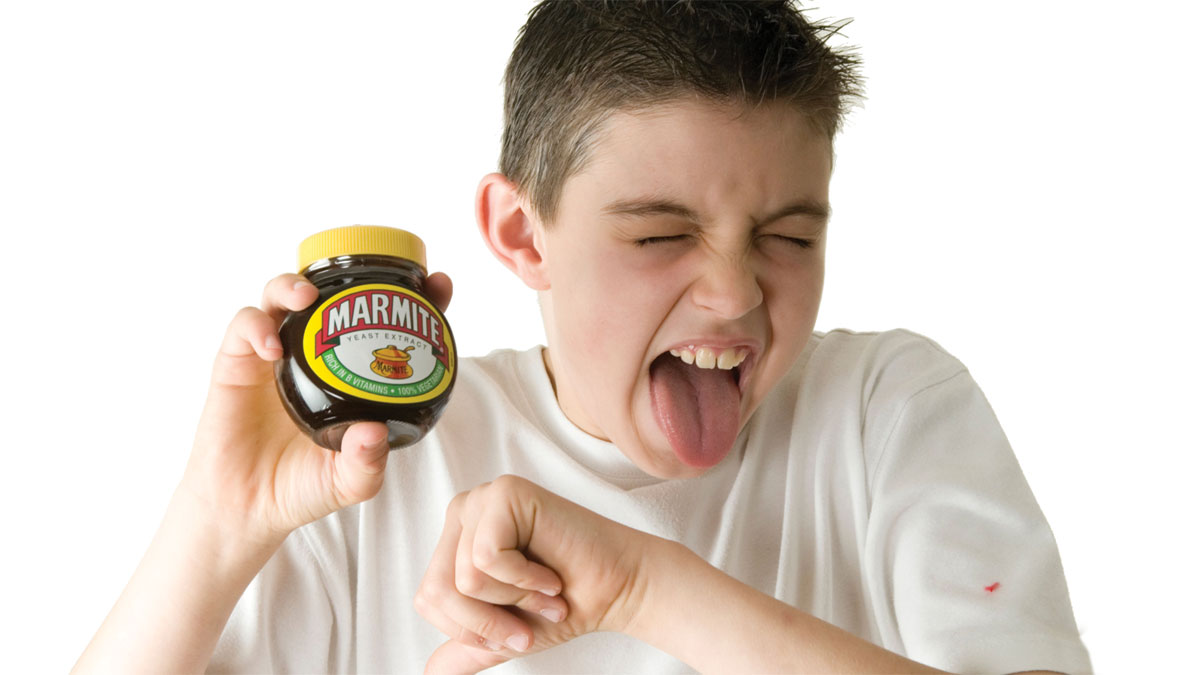
US food giant Kraft, which swallowed up Britain’s Cadbury in 2010, has failed – for now – to do the same to Unilever. Ben Judge reports.
American food behemoth Kraft Heinz surprised the markets last week with a $170bn takeover bid for Anglo-Dutch consumer goods and food conglomerate Unilever, whose brands include Marmite and Ben & Jerry’s. But it faced fierce resistance from Unilever’s management, as well as from politicians in the UK and the Netherlands. Forty-eight hours after making its offer, Kraft withdrew it.
In Britain, Kraft is remembered for “reneging on a jobs promise” after its takeover of Cadbury in 2010, said Nils Pratley in The Guardian. No wonder politicians weren’t impressed. If billionaire Warren Buffett and Brazilian private-equity firm 3G Capital, Kraft Heinz’s major shareholders, “couldn’t see outrage” looming, “they were astonishingly naïve”.
Buffett and 3G have “come to epitomise the ‘citizens of nowhere’ style of capitalism that has helped trigger populist revolts across the globe”, agrees Lex in the Financial Times. No politician could be under any illusion that Kraft Heinz intended to cut costs and eliminate jobs, adds an FT editorial. “That is simply what Kraft Heinz does.”
It was a “ridiculously low” offer in any case, as Allister Heath points out in The Daily Telegraph. It succeeded only in “terminally alienating Unilever’s management”. The structure of the deal was “laughable”. Unilever shareholders were offered cash, but as much of the money would be raised by “massively leveraging up the business”, they were effectively lending some of the cash back to Kraft Heinz. The Americans’ business model also leaves a lot to be desired.
It has little to do with organic growth – that would require “spending on factories, research and development and marketing”. Kraft prefers “leveraging up, slashing costs [and] moving on to another target”. Although Unilever’s approach isn’t perfect, it’s a lot better than Kraft’s. Its “investment and growth model” has returned more to its shareholders – 45% in three years – than most of its main competitors.
Still, the bid was a “wake-up call” for Unilever, which “needs to step up a gear”, say Andrea Felsted and Chris Hughes on Bloomberg.com. Paul Polman, Unilever’s chief executive, is “on notice”. Under UK takeover rules, Kraft Heinz can’t make another bid for six months, but it will probably be back. Its approach has made clear that there is “fat to be cut” at Unilever, which Polman must now cut himself. He could sell its “under-performing” spread business, for instance; a more radical option could be to bring forward his own retirement. The shares have lagged the FTSE 100 for most of the past year, and investors’ patience won’t last forever.
City talk
• “Is there any logic to government subsidies?” asks Matthew Vincent in the FT. Drax, owner of the UK’s largest power station, received more than £450m in UK green energy subsidies last year to convert half its coal-fired plant to run on wood pellets, or “biomass”. But then, inexplicably, the government decided to make biomass plants liable for the climate change levy, leading to a £34m hit to Drax’s earnings. Drax has claimed that it could save consumers £2.2bn over 15 years. But now that seems to be “going the way of its wood pellets and dividend prospects: up in smoke”.
• Bad news for those of us hoping the big brains at the Bank of England have any idea of how the economy is likely to fare at any given point. Economist Dr Gertjan Vlieghe, a member of the bank’s Monetary Policy Committee, appeared before the Treasury Select Committee of MPs to explain how the bank’s forecasting models got things so wrong in the run-up to the EU referendum. “We are probably not going to forecast the next financial crisis, or forecast the next recession,” he said. “Our models are just not that good.”
• Donald Trump is famously fond of Twitter, but it seems he’s quite keen on websites too. According to CNN Money, Donald Trump has amassed a vast portfolio of domain names, or website addresses: 3,643 of them, to be accurate. Some are obvious choices: DonaldJTrump.com and Trump.com, for instance. The list includes TrumpOrganization.com (as well as TrumpOrganisation.com – he’s nothing if not thorough) and even TrumpEmpire.com. But he’s also hoovered up any that might be used against him. ImBeingSuedByTheDonald.com was an early one. He also owns TrumpRussia.com, despite claiming he has no business ties with Russia, along with VoteAgainstTrump.com and TrumpMustGo.com, both acquired in 2012.